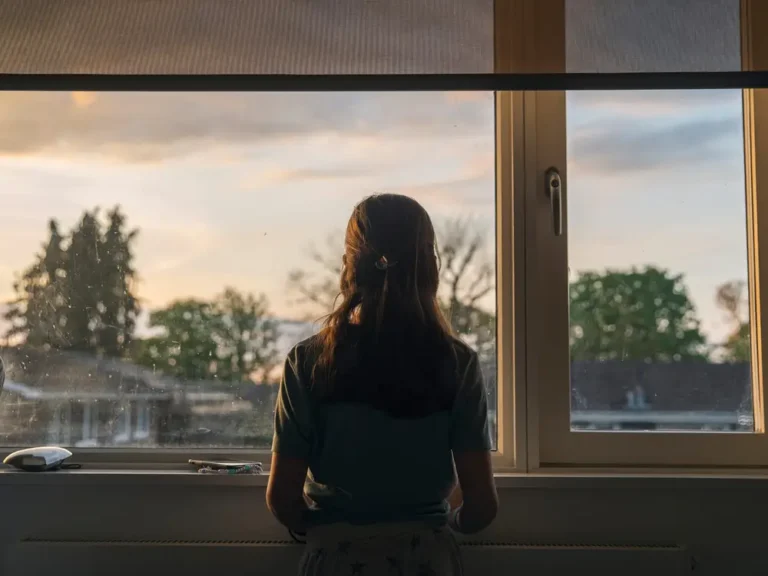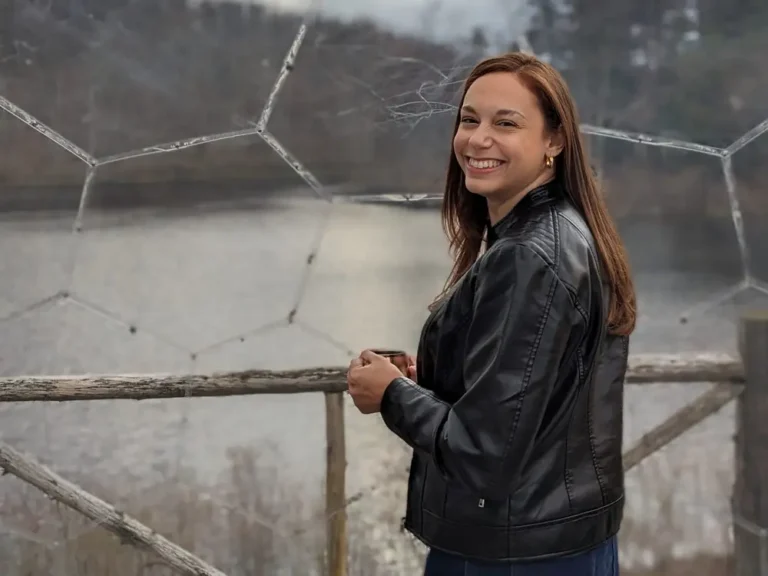At Home: How to deal with pesky streetlights, broken sidewalks and similar city issues

When my husband and I returned home from work, it was dark outside, and our house was lit up like a movie set. Every front window let in bright light from the street.I anticipated seeing searchlights. Instead, I noticed a new streetlight with a 3,000-watt bulb sprouting across the street like Jack’s beanstalk.
“Who put that there?” My husband asked who was getting his sunglasses.
We shut the blinds. The light crept through the cracks. For several nights, I slept with an eye mask on. I then contacted the city’s electric department.
According to an administrative coordinator for the utility company, the city had assessed the street in front of our house and determined that it needed more lighting. She had spoken with the heads of the various departments involved in this decision. The light could not be turned off.
What? This streetlight problem had me pretty worked up. There was a lot of debate. Much. She called again an hour and a half later to say the city would be removing the light.
“Wonderful,” I exclaimed. “Thank you.” But how did that happen, I wondered? And how could this have been handled more effectively?
I called the mayor to find out.
“You did largely the right thing,” Winter Park, Fla., Mayor Phil Anderson said. (“Largely” being the key word.) Before offering his suggestions for how residents everywhere can successfully interact with their cities, he provided context: “Most of us elected to serve in local government do so because we want to make residents’ lives better.” We didn’t flee to deal with some international crisis. We will try to make it better if approached constructively.”
Having said that, he encourages all residents to contact city hall whenever they encounter a problem that the city can either solve or cause. Other common complaints include traffic problems, downed powerlines, outages, broken pipes, uneven sidewalks, and potholes.
Anderson explained that the process is roughly the same whether you live in a town of 5,000 or 500,000 people. Here are seven strategies for collaborating with city hall:
- Identify the appropriate gatekeeper. Getting to the right person is essential, but it is not always easy. “Your experience highlights how frustrating the path can be,” Anderson stated. “Most cities have that front-facing person who knows who does what and can point you in the right direction.”
This is where I erred. I called the city utility company, but the clerk who answered the phone was only trained to handle billing and utility transfers. If your utility company is not run by the city, the gatekeeper can tell you who is.
- Submit a citizen’s report. Most city websites allow residents to submit a citizen’s report, which should be quickly routed to the appropriate department, such as power, water, sewer, public works, or something else. You can report broken sidewalks, burst water pipes, downed power lines, trees in the road, flashing or broken streetlights, and other issues here.
- Attend a city council meeting. Most cities hold frequent council or commissioner meetings, which include open-mic periods during which residents can express their concerns and receive a response.
- Make contact with the city manager. City managers are appointed (rather than elected) positions who oversee all city departments and employees. They (or their staff) can investigate why something occurred or did not occur. Depending on the situation, they may be able to take immediate action.
- Contact your mayor or a city commissioner. “If a problem needs a policy change to get fixed,” said Anderson, “that’s where elected officials come in.” Policy is set by city commissioners, including mayors and council members. For example, if you want cars in your neighborhood to slow down, you could approach your elected official and propose installing speed bumps or stop signs.
- Exercise your civic responsibilities. Your city government is there to serve you. Speak up if you’re having trouble sleeping because of a streetlight. Alternatively, you could run for office. Communities function best when the city and its residents collaborate.




